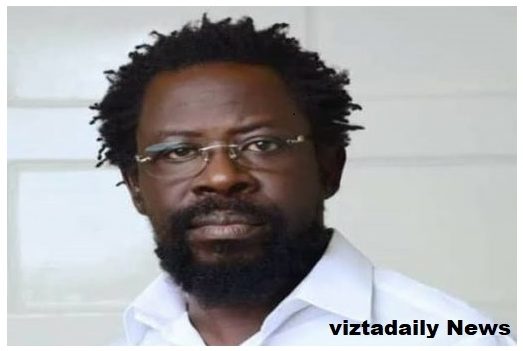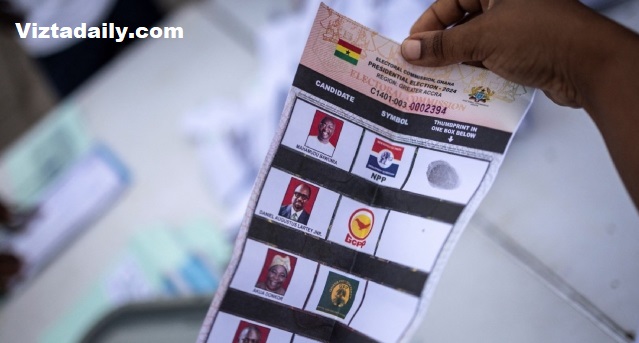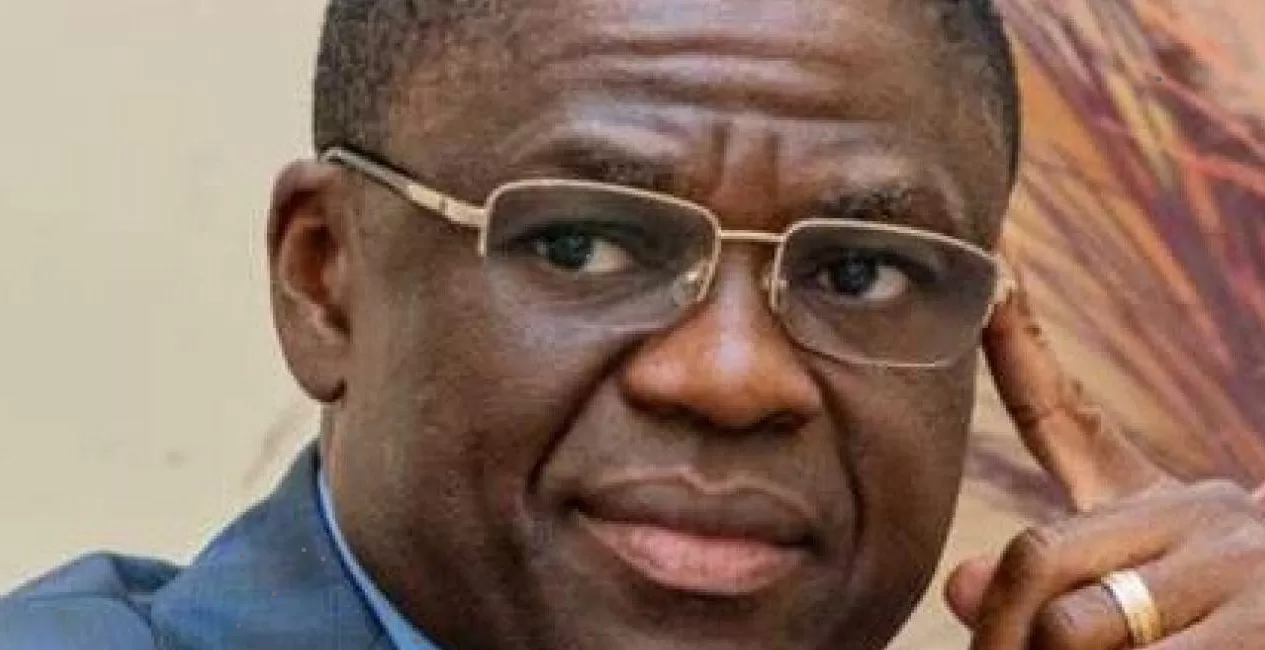Ghana’s Approach to Ensuring Fairness in Vote Counting: A Model for Democracy, In the heart of West Africa lies Ghana, a nation celebrated for its rich culture, vibrant heritage, and resolute commitment to democratic values. As elections approach, discussions about electoral integrity become paramount, particularly regarding the crucial process of vote counting.
We’ll explore how Ghana has established a robust framework to ensure fairness in vote counting, illuminating key strategies and methodologies that set an example for democracies around the world.
1: The Foundation of a Democratic Framework
Ghana’s commitment to democracy is enshrined in its 1992 Constitution, which emphasizes the importance of free and fair elections. The Electoral Commission (EC) is tasked with overseeing elections, ensuring that every citizen’s vote counts.
This chapter examines the constitutional provisions that establish standards for electoral processes, including transparency, accountability, and citizen participation. By laying a solid foundation, Ghana supports a democratic culture that encourages respect for the rule of law.
2: Technological Advancements in Vote Counting
In today’s increasingly digital world, Ghana has integrated technology into its electoral process. The introduction of biometric voter registration and electronic voting systems has significantly improved the accuracy and speed of vote counting.
This chapter discusses the technological tools employed by the EC to enhance transparency, reduce human error, and prevent electoral fraud. The use of technology not only streamlines the counting process but also promotes public confidence in the electoral outcome.
3: The Role of Observers and Stakeholders
To foster a culture of accountability, Ghana invites local and international observers to monitor elections. This chapter highlights the importance of their presence during vote counting, as observers provide an additional layer of scrutiny.
Political parties, civil society organizations, and independent monitors play crucial roles in upholding the integrity of the democratic process. By encouraging dialogue and participation, Ghana nurtures a collaborative environment where stakeholders can voice concerns and contribute to fair electoral practices.
4: Civic Education and Public Participation

Ghana recognizes that an informed electorate is essential for democracy. This chapter delves into the EC’s efforts to educate citizens about the electoral process, including the significance of their vote and how vote counting occurs.
By promoting civic education and ensuring that citizens understand their rights and responsibilities, Ghana fosters active engagement in the democratic process. Such initiatives empower citizens to hold their leaders accountable and advocate for fair practices.
5: Challenges and the Path Forward
Despite its successes, Ghana faces challenges in ensuring fairness in vote counting. This chapter addresses issues such as logistical constraints, political tensions, and public skepticism about electoral integrity. However, by continuously refining its practices and embracing reforms, Ghana is on a path toward strengthening its electoral framework.
Future initiatives, such as further investments in technology and enhancing stakeholder collaboration, can further mitigate these challenges.
Conclusion: A Model for Others to Embrace
Ghana’s approach to ensuring fairness in vote counting stands as a testament to its unwavering dedication to democratic values. Through a combination of constitutional safeguards, technological advancements, stakeholder participation, and civic education, Ghana creates an environment conducive to free and fair elections.
As nations around the globe face similar challenges in their electoral processes, they can draw valuable lessons from Ghana’s experience. Promoting fairness in vote counting is not just a national imperative but a global necessity for the advancement of democracy.



